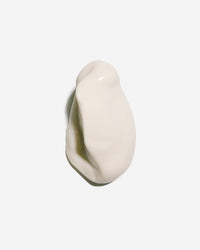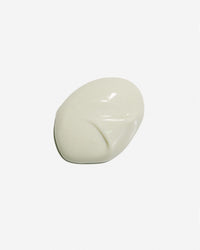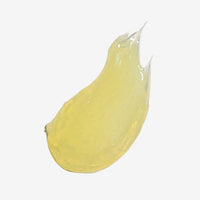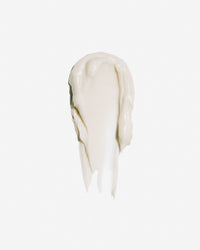Protecting the planet and our health with a few sustainable eco-friendly actions—wouldn't that be a good resolution for 2018? Because our habits and choices regarding beauty, well-being, and hygiene have an impact on our environment and our health, reducing our bathroom waste is an excellent way to minimize our ecological footprint. Here, we offer some sustainable eco-alternatives to protect the planet, your health, and rediscover the charm of old-fashioned bathing rituals—plastic-free bathrooms.
A zero-waste bathroom is a minimalist bathroom. For years, we've been accumulating creams and accessories, but are they all really necessary? So before changing our habits, let's make some space!
1 - Sort it out
What products do I rarely or rarely use, and what products could or should I do without? In a zero-waste approach, it's essential to choose each of your products carefully and only use what's necessary and sustainable.
To help you, organic, multi-purpose, natural vegetable oils, often in glass containers, are just the thing. Jojoba oil can be used as a makeup remover, moisturizer, massage oil, or aftershave, especially for oilier skin. Sweet almond oil is a perfect body lotion for damp skin, but also a very effective hair mask or restorative treatment. You can even add a few drops to your dishes to flavor them and reduce diabetes! Thanks to its multiple properties, coconut oil can also be used as a lip balm, restorative cream, after-sun care, or to treat infections (eczema, fungal infections, cold sores, canker sores). In food, it is known for its appetite suppressant properties and for relieving heartburn.
2 - Say goodbye to disposables!
The makeup remover pads, wipes, and cotton buds we throw away every day aren't great for our ecological footprint, so we're going sustainable!
Washable makeup remover pads are made to last, which means you don't have to throw away a pad every day and use a lot of cotton, which uses a lot of water to grow.
At Alaena, we've adopted them: they're practical, you can put them in the washing machine and presto, they look nicer on the edge of the sink, they're very soft, they're less bulky when traveling and they're more economical.
We do the same with wipes or tissues.
Cotton swabs found in stores are often made of plastic with cotton tipped with pesticides. They're also a real disaster from an ecological point of view, being among the most common types of waste found in the ocean. To avoid this, it's quite possible to do without them: gently wash your ears in the shower or use an oriculi, a small curved stick. And if you can't do without cotton swabs, opt for those made of wood or cardboard with an organic cotton tip.
To wash your body, use exfoliating gloves or loofah sponges. For shaving, you'll also want to opt for electric razors or those with blade-only replacements. And for dental hygiene, why not switch to toothbrushes with replaceable heads or those made of recyclable bamboo?
3 - We shun plastic
The extensive use of plastic poses environmental and health risks. Today, plastic manufacturing involves many petroleum-based chemicals. Some can leach into food and cosmetics, impacting our health.
To avoid this, we favor glass or wood for containers and accessories and those whose packaging is reduced to the bare minimum.
By switching to cold-process bar soap, you save on packaging and do your body good! Indeed, as we explain in our article Washing naturally , shower gels are often drying for the skin and pollute the planet.
When it comes to deodorants, forget about those sold in supermarkets, which are veritable cocktails of harmful chemicals. They're not natural, and they're bad for the environment and the body. Alum stone is a great ally, but be careful to choose a natural one, not a synthetic one. You can also switch to solid or homemade deodorants.




